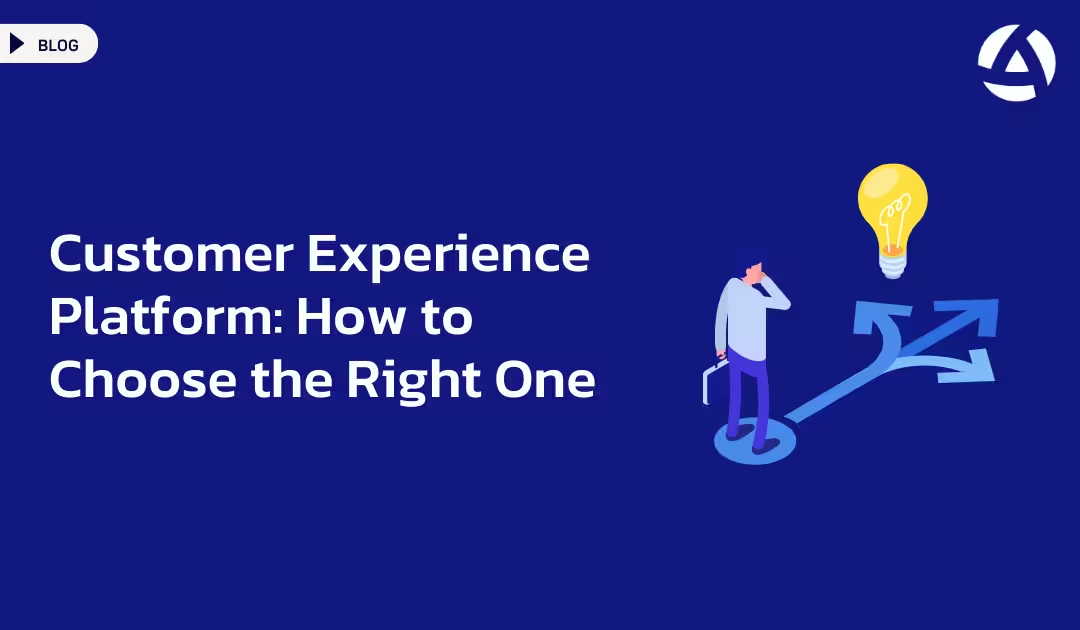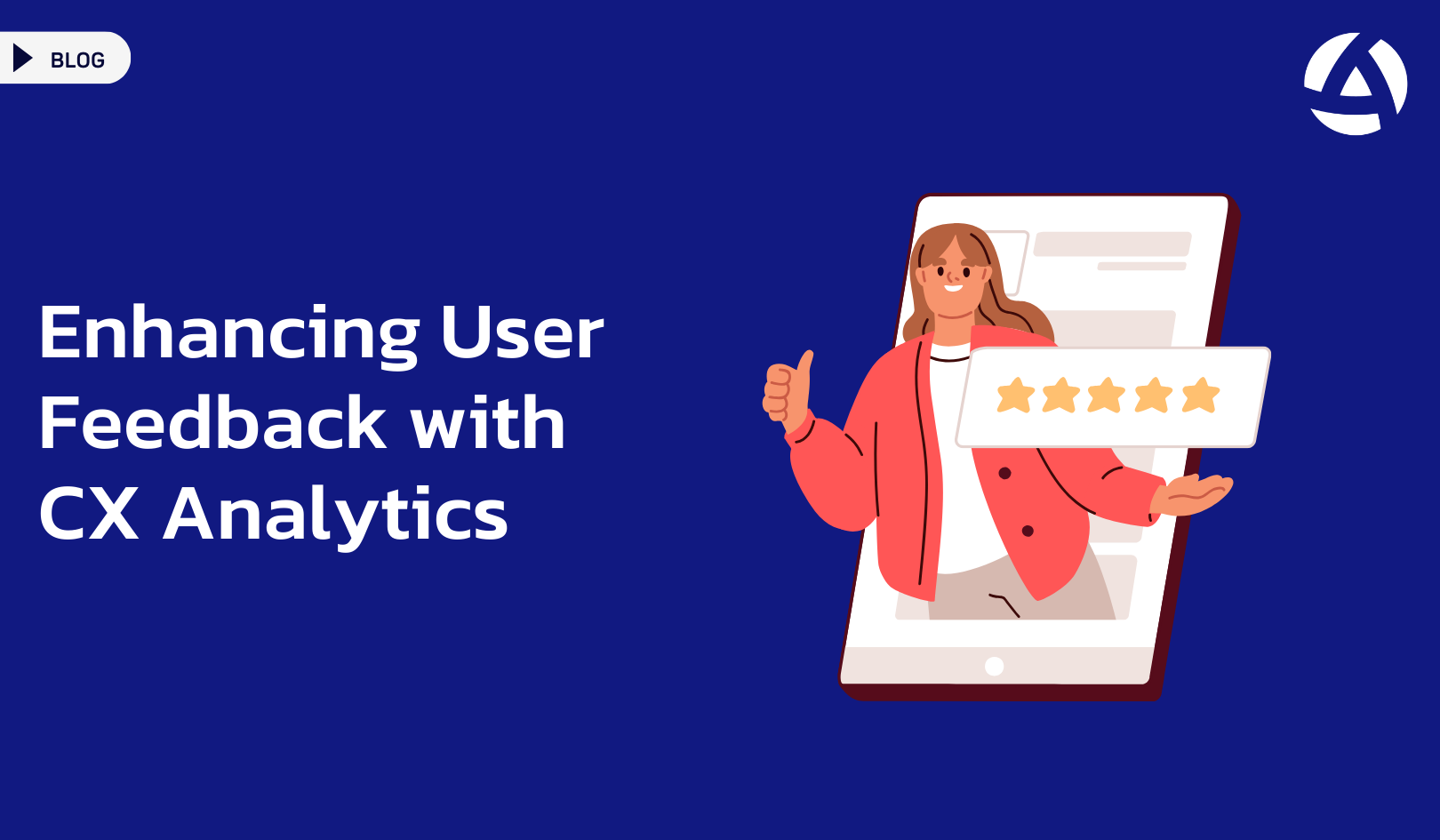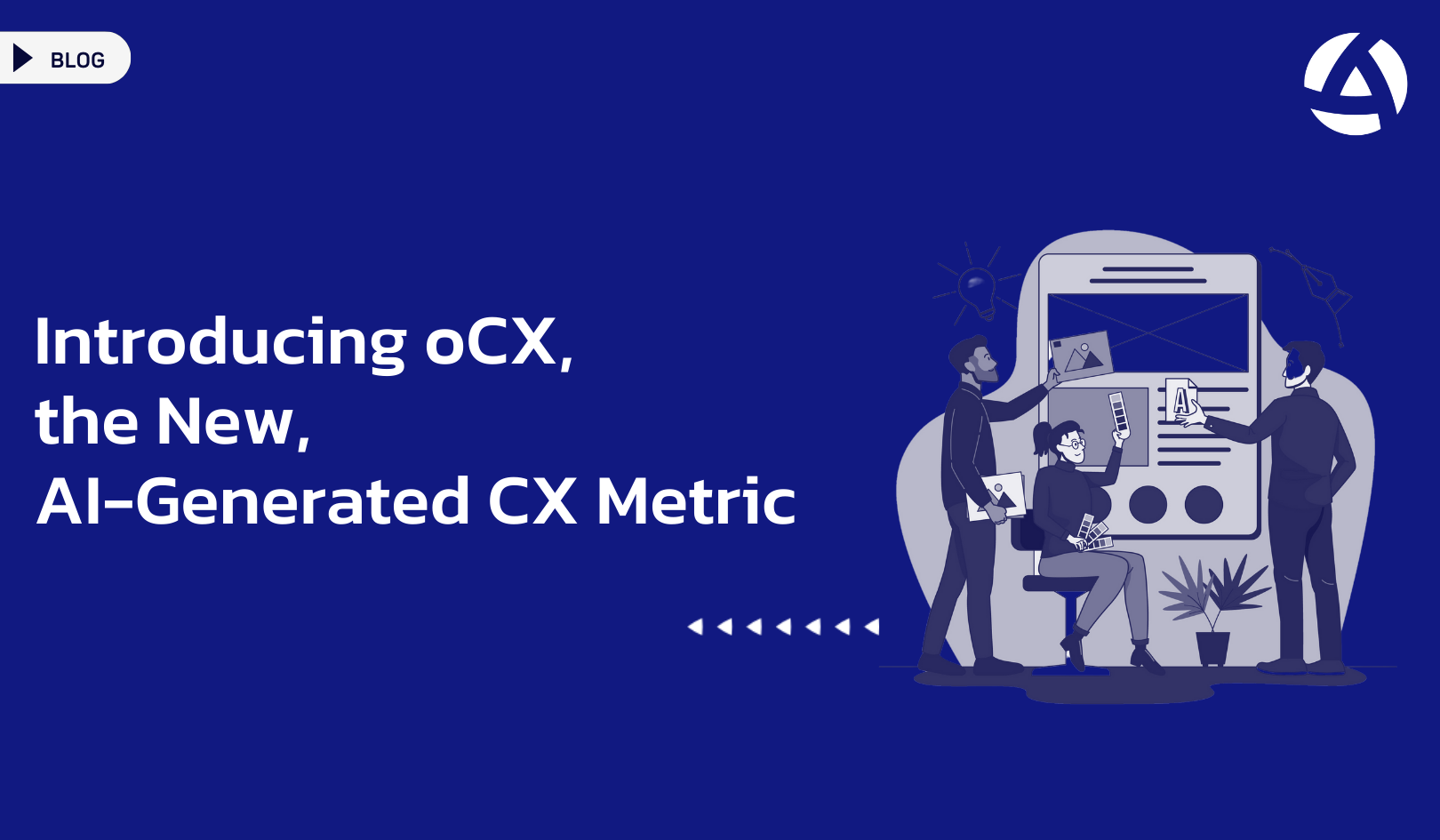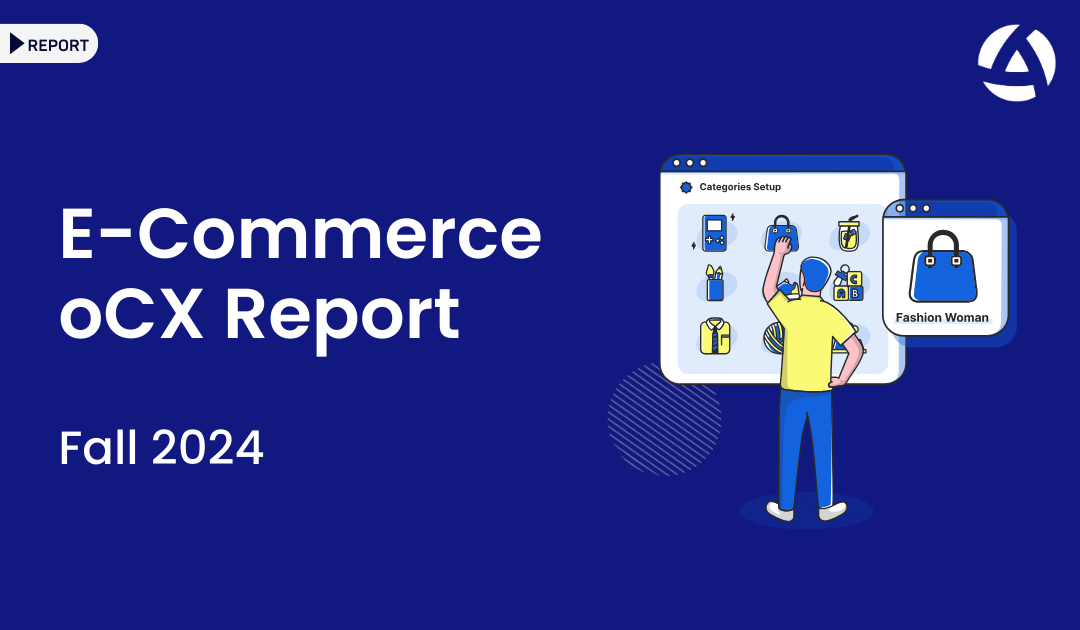As the demand for exceptional customer service continues to rise, businesses are increasingly relying on Customer Experience Platforms (CXPs) to streamline and optimize the way they interact with their customers. Choosing the right platform can significantly impact your company’s success in maintaining strong relationships with customers. So, how do you go about selecting the best CXP for your business? Here are some key factors to consider.
1. Integration Capabilities
When evaluating a Customer Experience Platform, one of the first aspects to examine is its integration capabilities. Your CXP should seamlessly integrate with existing tools like CRM systems, marketing automation platforms, and analytics software. Look for a solution that connects all relevant data points to ensure smooth information flow between departments.
Look for these integration features:
- Compatibility with CRM software
- Marketing platform integration
- Cross-channel data synchronization
2. Ease of Use
The usability of the platform is another essential factor. You’ll want a Customer Experience Platform that your team can adopt quickly without the need for extensive training. A user-friendly interface allows employees to manage customer interactions, track feedback, and analyze data more effectively.
3. Scalability
A scalable platform ensures that as your business grows, the platform can grow with you. Make sure the Customer Experience Platform you choose has the capacity to support larger volumes of data and more users as your company expands. This helps avoid future complications or costly platform upgrades.

4. Personalization and Automation
Personalization is a powerful driver of customer satisfaction. The ability to tailor messages, offers, and services to individual customers is a feature that should not be overlooked in your Customer Experience Platform. Automation tools, such as AI-driven insights and sentiment analysis, can also enhance the platform’s effectiveness by streamlining workflows and reducing manual tasks.
Consider tools like:
- Personalized messaging capabilities
- Automation of routine tasks and responses
- AI-powered customer insights
5. Data Security
Customer data is a sensitive asset that must be protected. Ensure that the Customer Experience Platform offers robust security measures, such as encryption and secure data storage. This will help protect against breaches and maintain your company’s compliance with data privacy regulations.
6. Cost and ROI
The cost of a Customer Experience Platform can vary significantly depending on the features and scale of the software. It’s important to weigh the costs against the expected return on investment (ROI). Look for platforms that provide transparency in pricing and offer flexible payment plans that fit your company’s budget.
Frequently Asked Questions
How do I determine if a Customer Experience Platform is suitable for my industry?
Most CXPs are designed to be flexible and adaptable across industries. However, it’s essential to evaluate whether the platform offers specific features or integrations that match your business needs, whether you’re in retail, financial services, or healthcare.
What should I prioritize if my business has a limited budget for a Customer Experience Platform?
If you have budget constraints, prioritize platforms that offer scalability, essential integrations, and robust automation features. You can always expand the platform as your business grows, but starting with these features will ensure a solid foundation.




